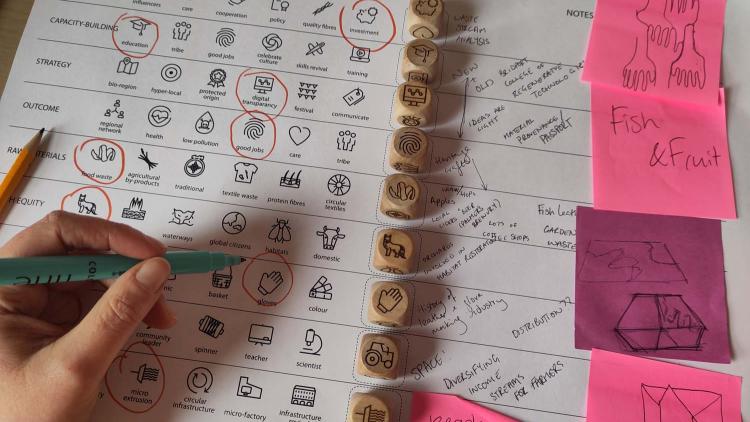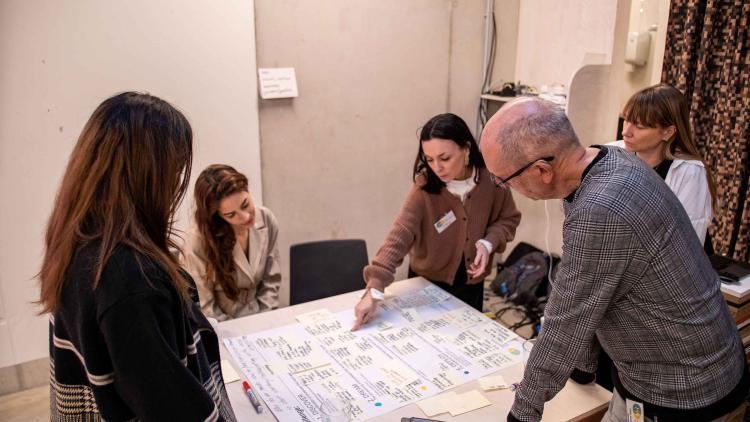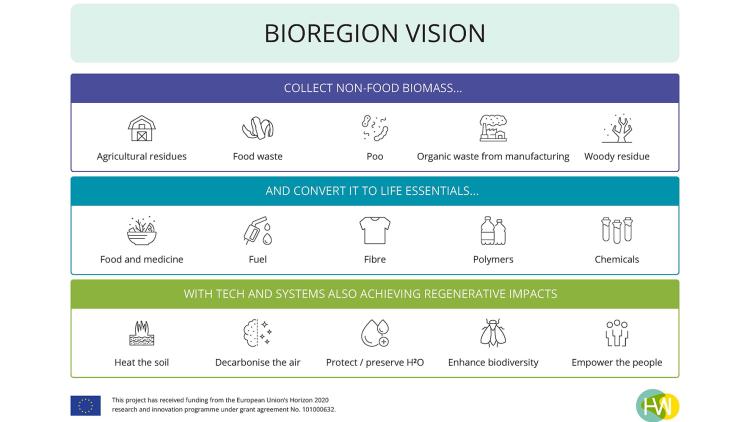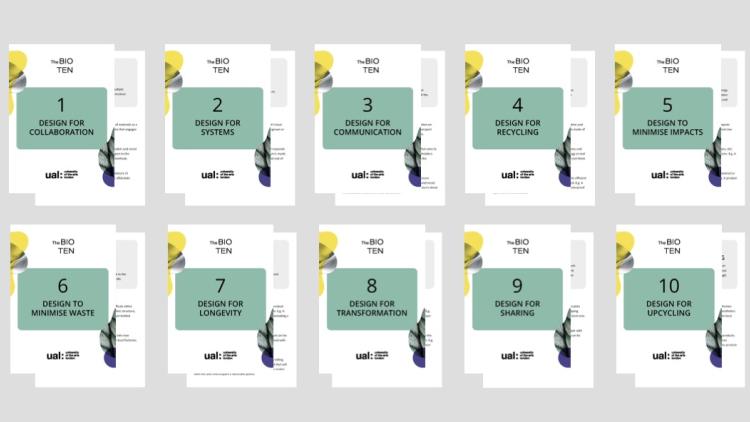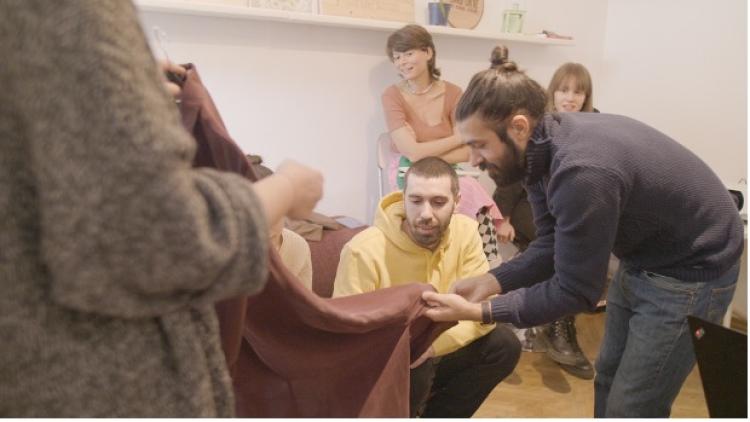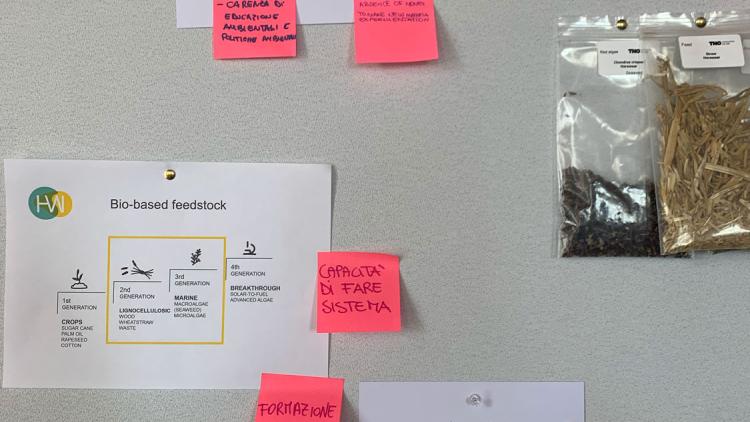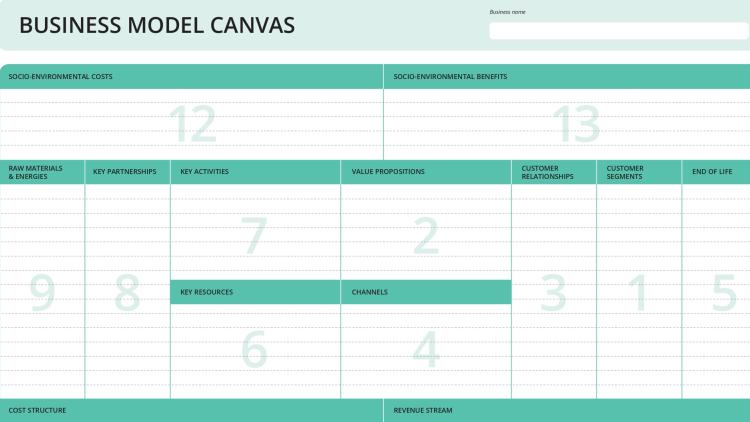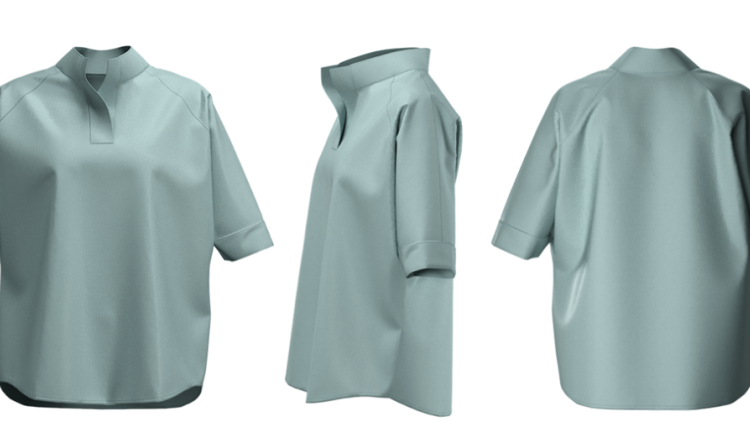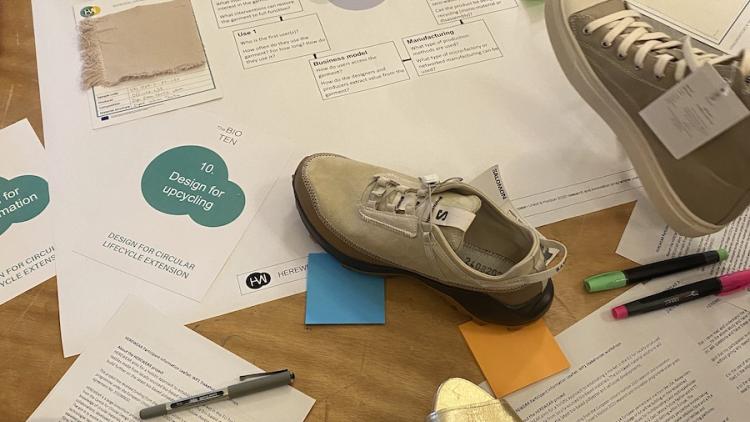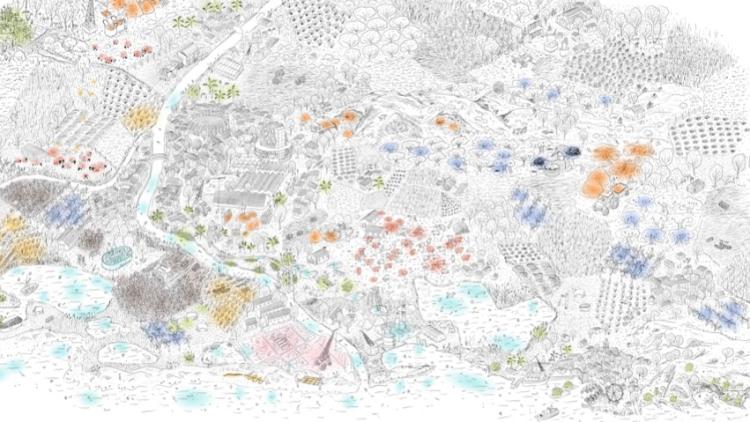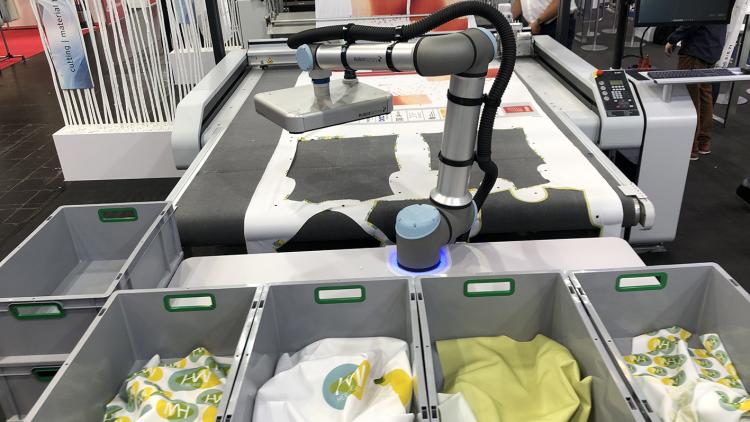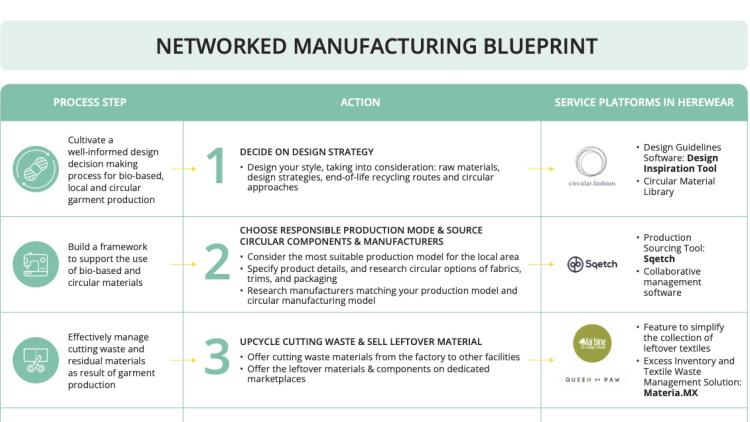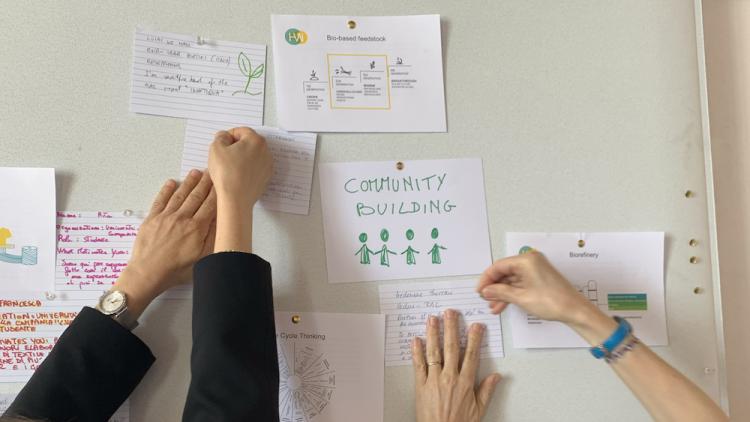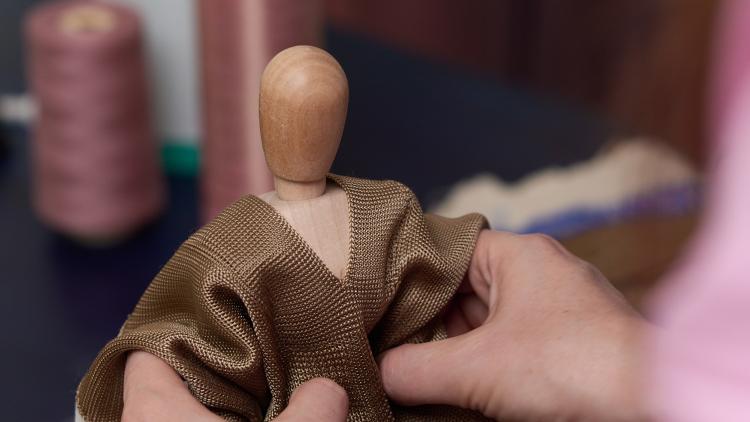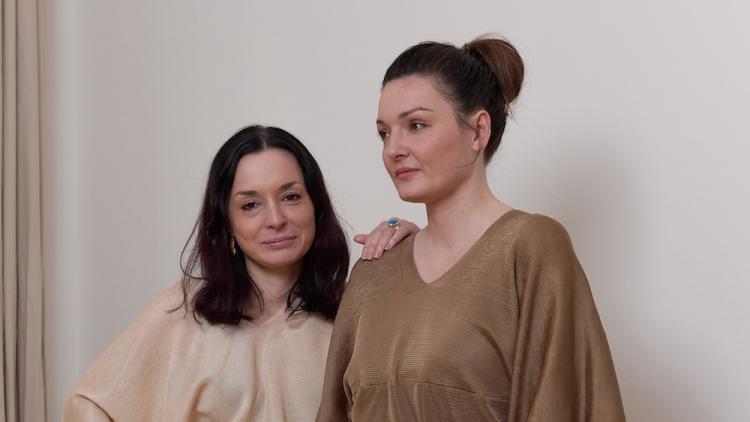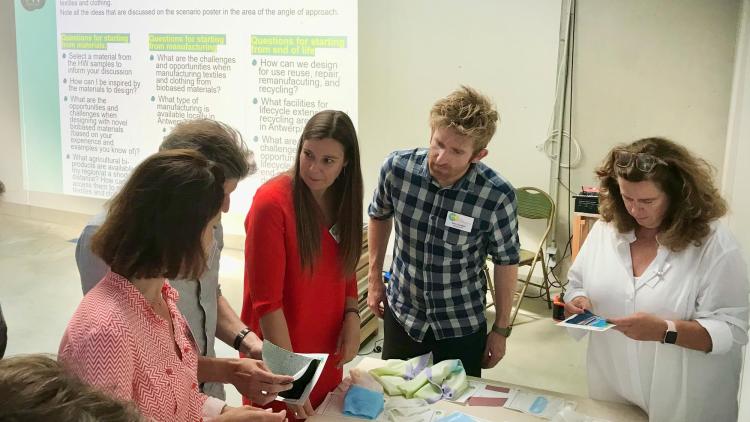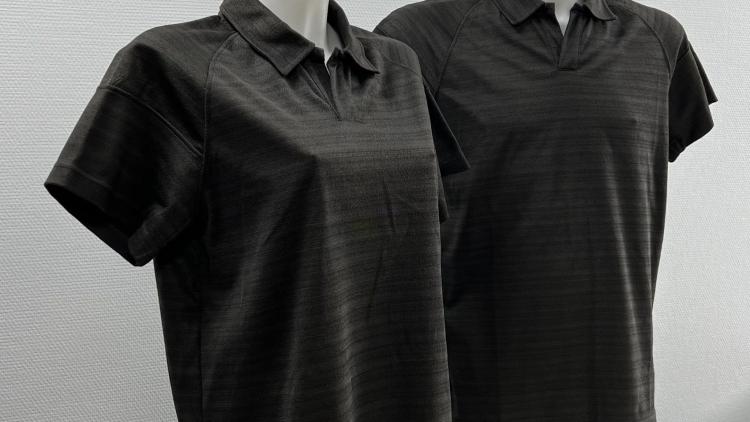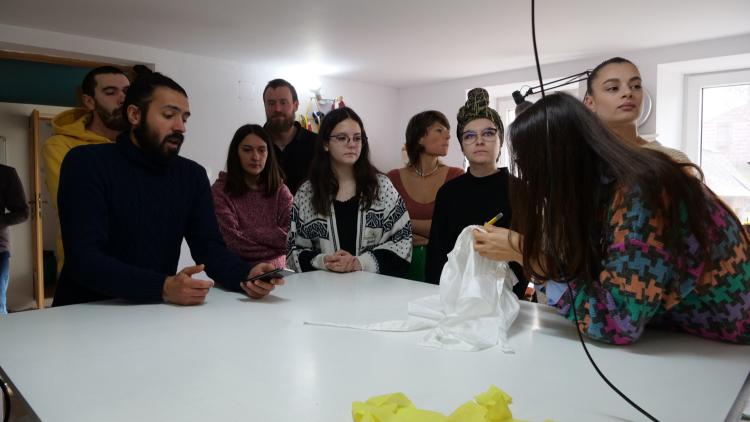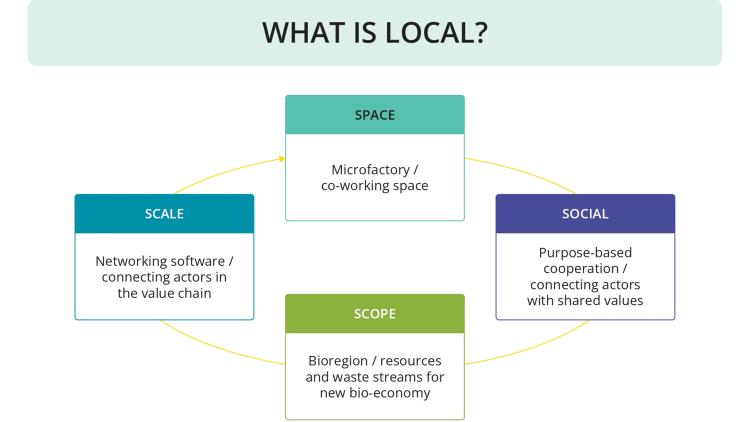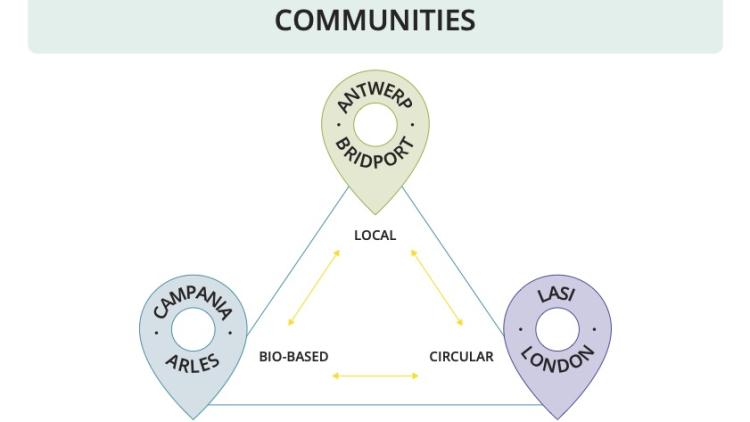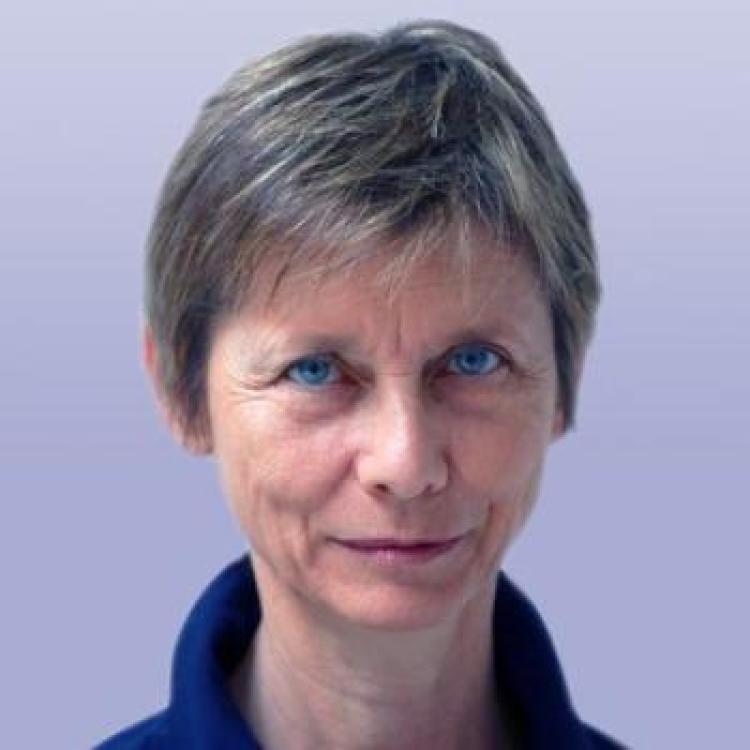Local
Sustainable circular fashion economy reducing emissions (less transportation), reshaping and closing value chains, engaging local communities & ecosystems and local materials.
The scope is design and production of small series of customised, fashionable textiles and clothing in a sustainable circular structure on a local/regional level. Enablers are networking organisations and, communities (physical and digital), supported by digital platforms and services.
Relevant production models based on local value chains for small series are gaining in popularity, promising:
- Lower transport times and costs, and (environmental) impacts
- Production closer to demand(production-on-demand, individualisation)
- More human contact with clients and suppliers
- Greater flexibility, adaptability and resilience of production
- Greater control over supply chains and networks, e.g. by seamless information flow &communication, and cooperation
- Making use of skills and innovation&creativity “culture”
- Product oriented shaping of the supply chain
- Improved potential for closing circular loops
On the other hand, local production models raise some challenges:
- Defining the right scope and extent of ‘local’ (nearshoring)
- Attaining economy of scale and scope
- Higher labour and infrastructure costs
- Lack of local availability of specialised production services
- Need to geographically differentiate materials and products
- The need to think global by acting local
The HEREWEAR project is looked at tools and strategies to address these issues and move towards more local (circular) production models.
Resources
People to follow
Suggested reading & viewing
Tang, T., Karhu K., Hamalainen, M. (2011) Community Innovation in Sustainable Development: A Cross Case Study» World Academy of Science, Engineering and Technology 49 2011 https://www.researchgate.net/publication/265581782_Community_Innovation_in_Sustainable_Development_A_Cross_Case_Study
Wenger-Trayner E, Wenger-Trayner B. Communities of Practice, a brief introduction. 2015 https://www.wenger-trayner.com/introduction-to-communities-of-practice/
Greco I., Cresta A. (2016) Geographical Communities and Virtual Communities: The Web 2.0 in the Creation of Tourist Information. In: Gervasi O. et al. (eds) Computational Science and Its Applications – ICCSA 2016. ICCSA 2016. Lecture Notes in Computer Science, vol 9790. Springer, Cham. https://doi.org/10.1007/978-3-319-42092-9_25
TCBL Business Case Evolution https://issuu.com/jessemarsh/docs/business_cases_evaluation_2017

